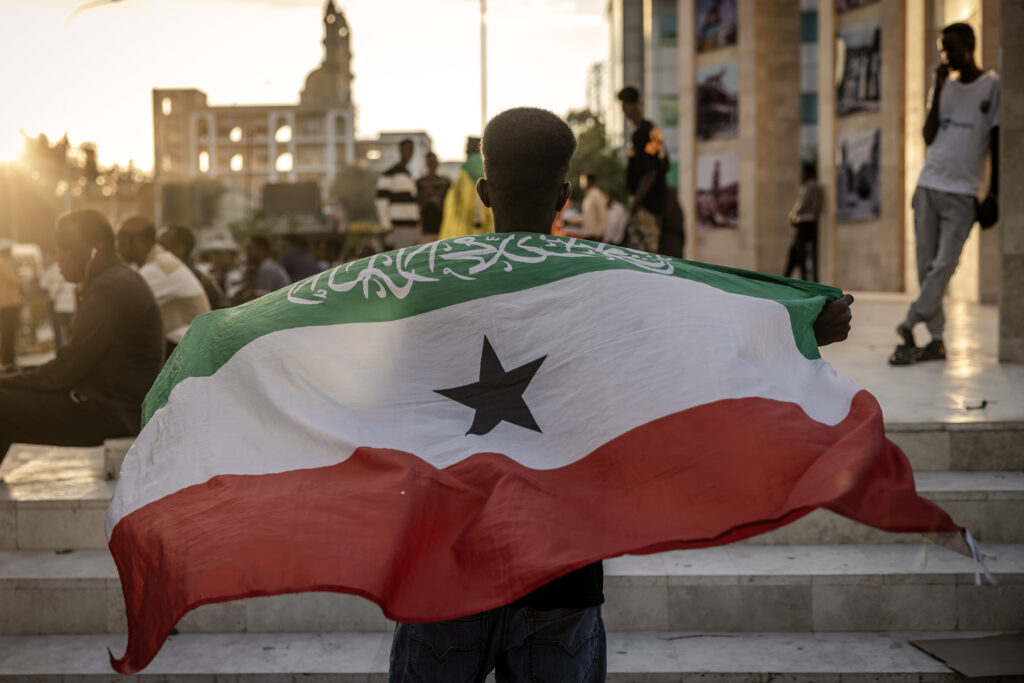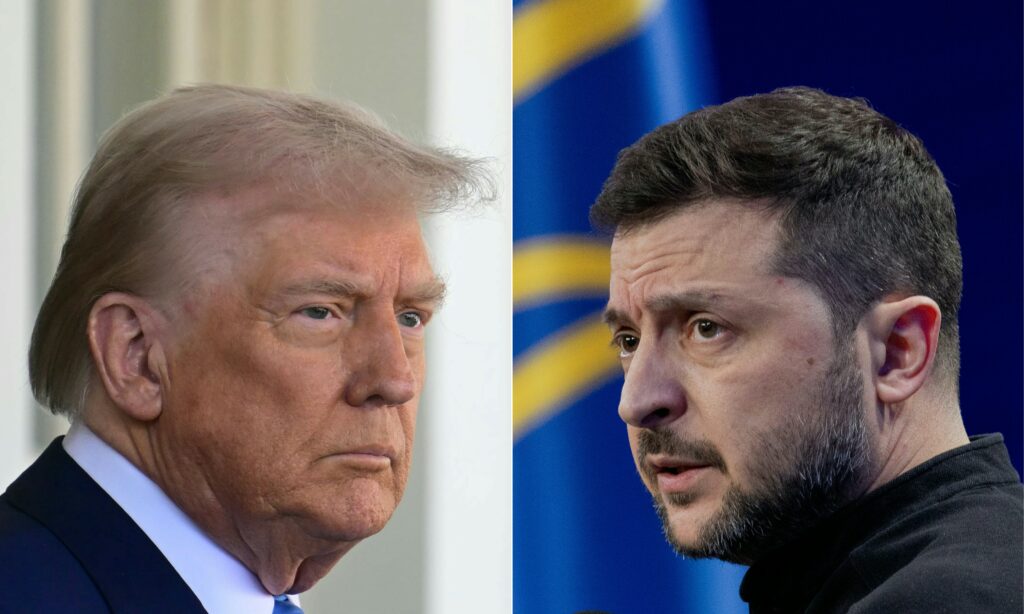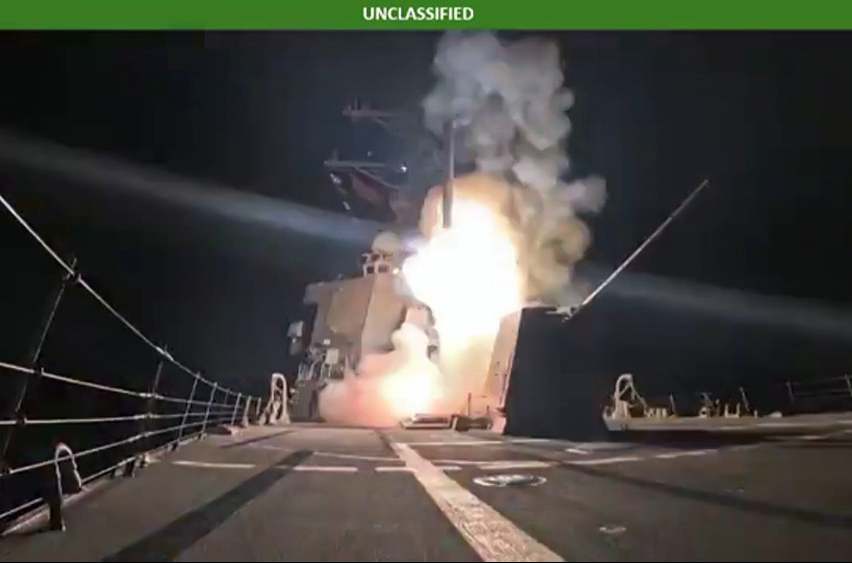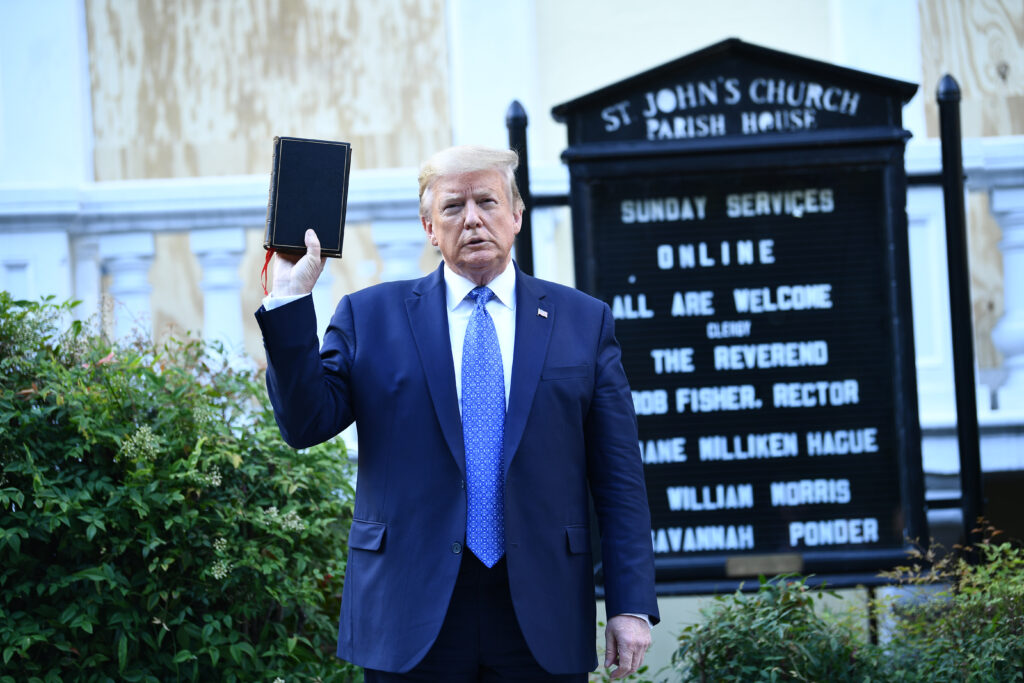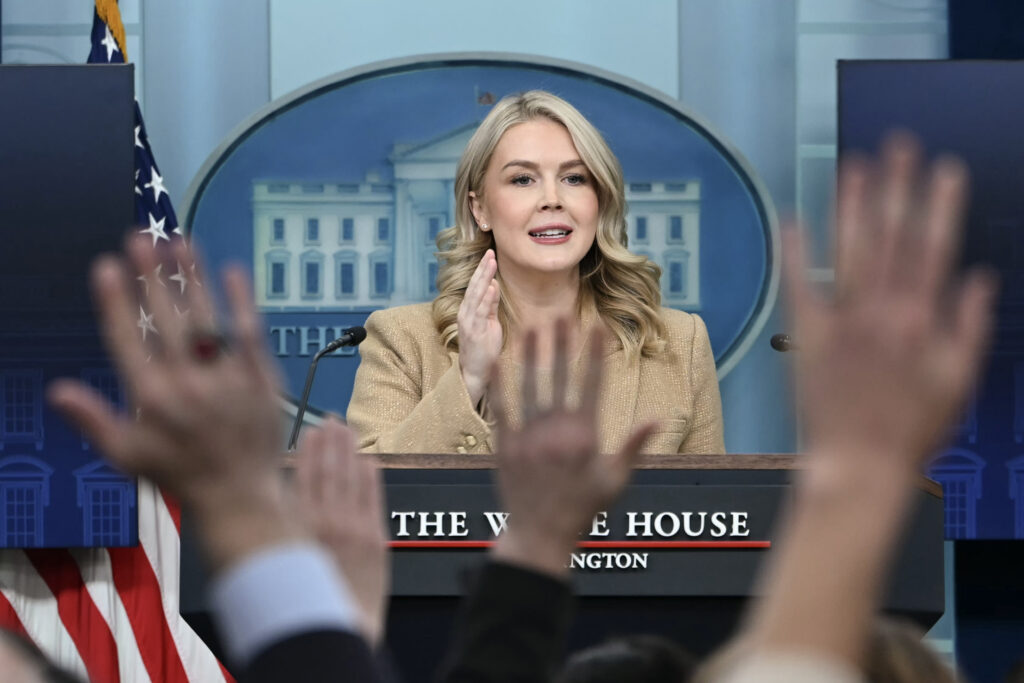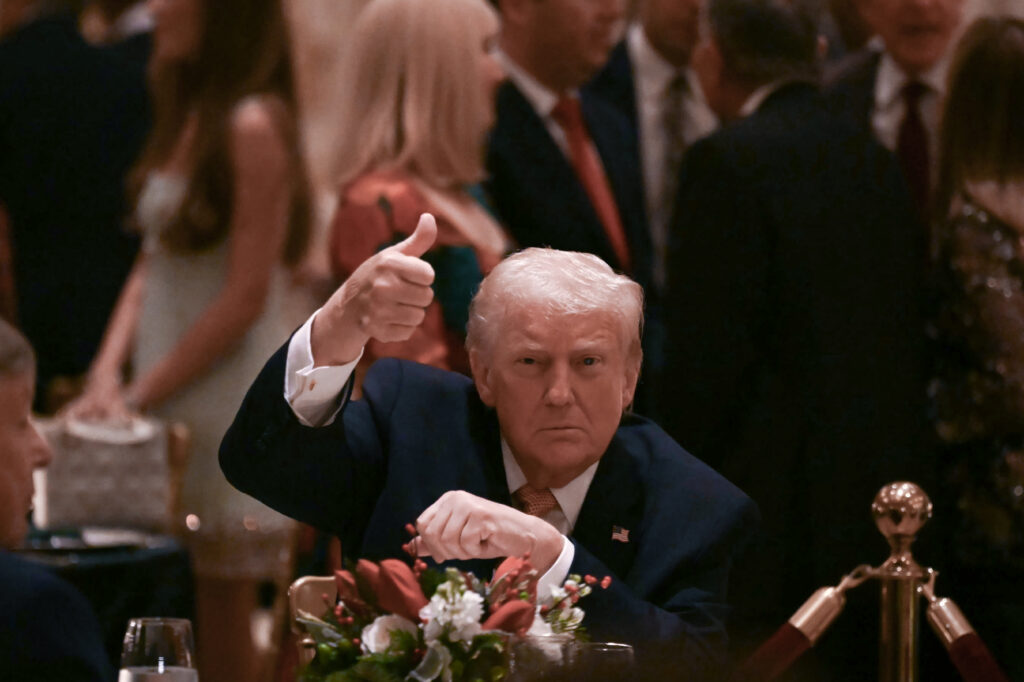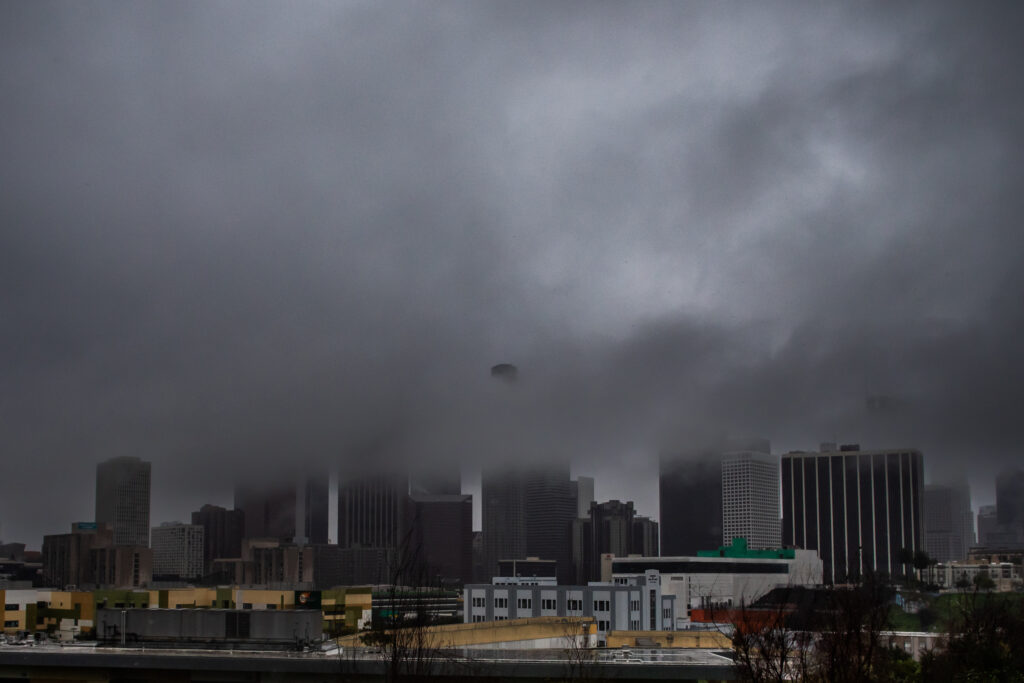Somalia, African nations denounce Israeli recognition of Somaliland
Somalia and the African Union reacted angrily Friday after Israel became the first country to formally recognise the northern region of Somaliland as an independent state.Somaliland declared independence from Somalia in 1991 and has pushed for international recognition for decades, with president Abdirahman Mohamed Abdullahi making it a top priority since taking office last year.Israel announced Friday that it viewed Somaliland as an “independent and sovereign state”, prompting Somalia to call the decision a “deliberate attack” on its sovereignty that would undermine regional peace.Several other countries condemned Israel’s decision. The African Union (AU) rejected the move and warned that it risked “setting a dangerous precedent with far-reaching implications for peace and stability across the continent”.Somaliland “remains an integral part” of Somalia, an AU member, said the pan-African body’s head Mahamoud Ali Youssouf.Israeli Prime Minister Benjamin Netanyahu’s office said the decision was “in the spirit of the Abraham Accords”, referring to a series of agreements brokered by US President Donald Trump in his first term that normalised ties between Israel and several Arab nations.Netanyahu had invited Abdullahi to visit, the Israeli leader’s office said.Asked by the New York Post newspaper whether the United States planned to also recognise Somaliland, Trump said “no”.”Does anyone know what Somaliland is, really?” he added.Hailing Israel’s decision as a “historic moment”, Abdullahi said in a post on X that it marked the beginning of a “strategic partnership”.The Palestinian Authority rejected Israel’s recognition of Somaliland.It said on X that Israel had previously named Somaliland “as a destination for the forced displacement of our Palestinian people, particularly from the Gaza Strip”, and warned against “complicity” with such a move.In Hargeisa, the capital of Somaliland, crowds of people took to the streets to celebrate, many carrying the flag of the breakaway state, said sources.- ‘Overt interference’ -Turkey, a close ally of Somalia, also condemned the move.”This initiative by Israel, which aligns with its expansionist policy… constitutes overt interference in Somalia’s domestic affairs”, a foreign ministry statement said.Egypt said its top diplomat had spoken with counterparts from Turkey, Somalia and Djibouti, who together condemned the move and emphasised “full support for the unity, sovereignty and territorial integrity of Somalia”.In a video showing Netanyahu speaking to Abdullahi by telephone, the Israeli leader said that he believed the new relationship would offer economic opportunities.”I am very, very happy and I am very proud of this day and I want to wish you and the people of Somaliland the very, very best,” Netanyahu said.A self-proclaimed republic, Somaliland enjoys a strategic position on the Gulf of Aden and has its own money, passports and army.But it has been diplomatically isolated since unilaterally declaring independence.- Strategic move -Israel’s regional security interests may lie behind the move.”Israel requires allies in the Red Sea region for many strategic reasons, among them the possibility of a future campaign against the Houthis,” said the Institute for National Security Studies in a paper last month, referring to Yemen’s Iran-backed rebels.Israel repeatedly hit targets in Yemen after the Gaza war broke out in October 2023, in response to Houthi attacks on Israel that the rebels said were in solidarity with Palestinians in the Gaza Strip.The Houthis have halted their attacks since a fragile truce began in Gaza in October.Somaliland’s lack of international recognition has hampered access to foreign loans, aid and investment, and the territory remains deeply impoverished.A deal between landlocked Ethiopia and Somaliland last year to lease a stretch of coastline for a port and military base enraged Somalia.Israel has been trying to bolster relations with countries in the Middle East and Africa.Historic agreements struck late in Trump’s first term in 2020 saw several countries including the Muslim-majority United Arab Emirates and Morocco normalise relations with Israel.But wars that have stoked Arab anger, particularly in Gaza, have hampered recent efforts to expand ties further.burs-jj/jgc/ceg/mjw
